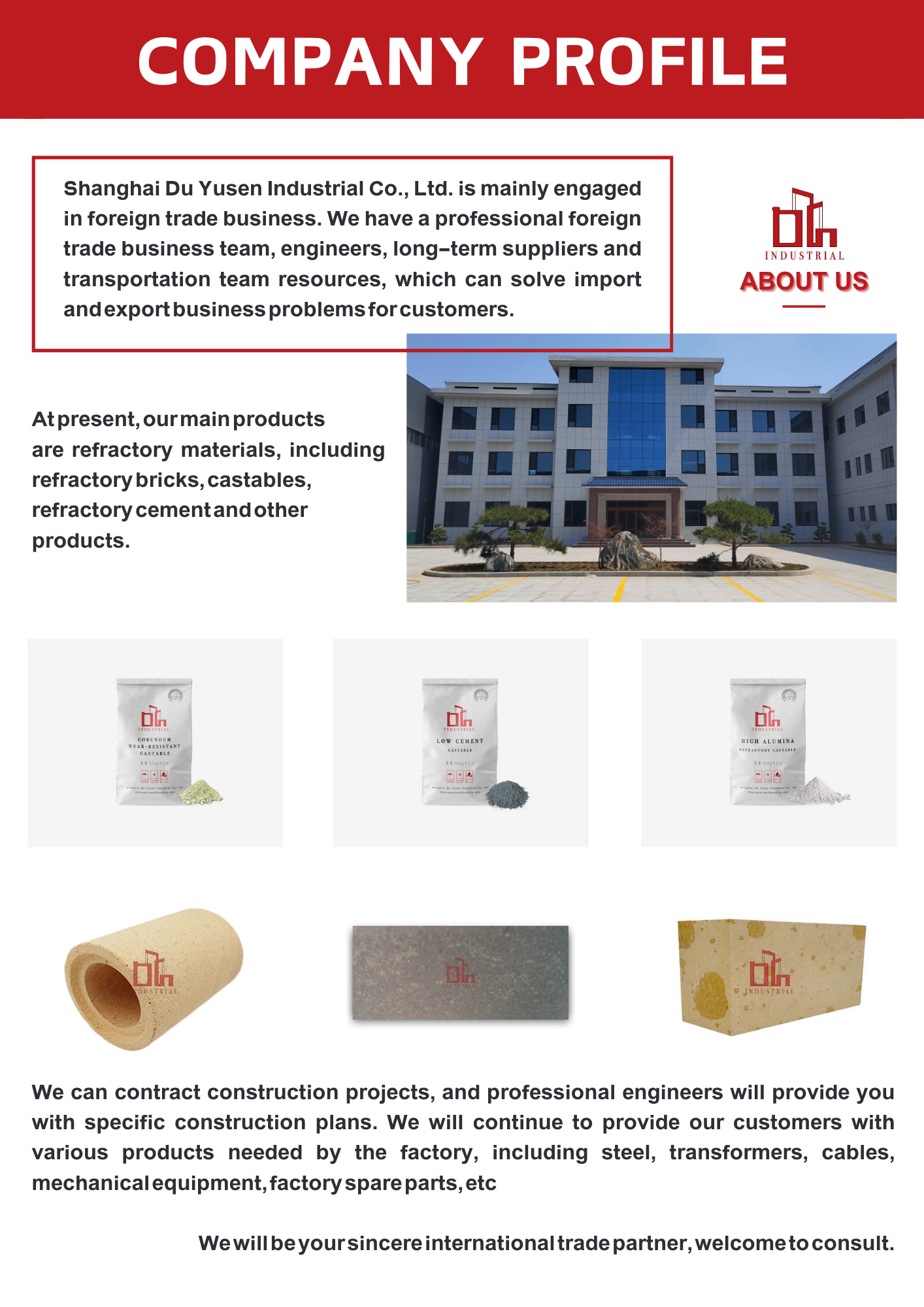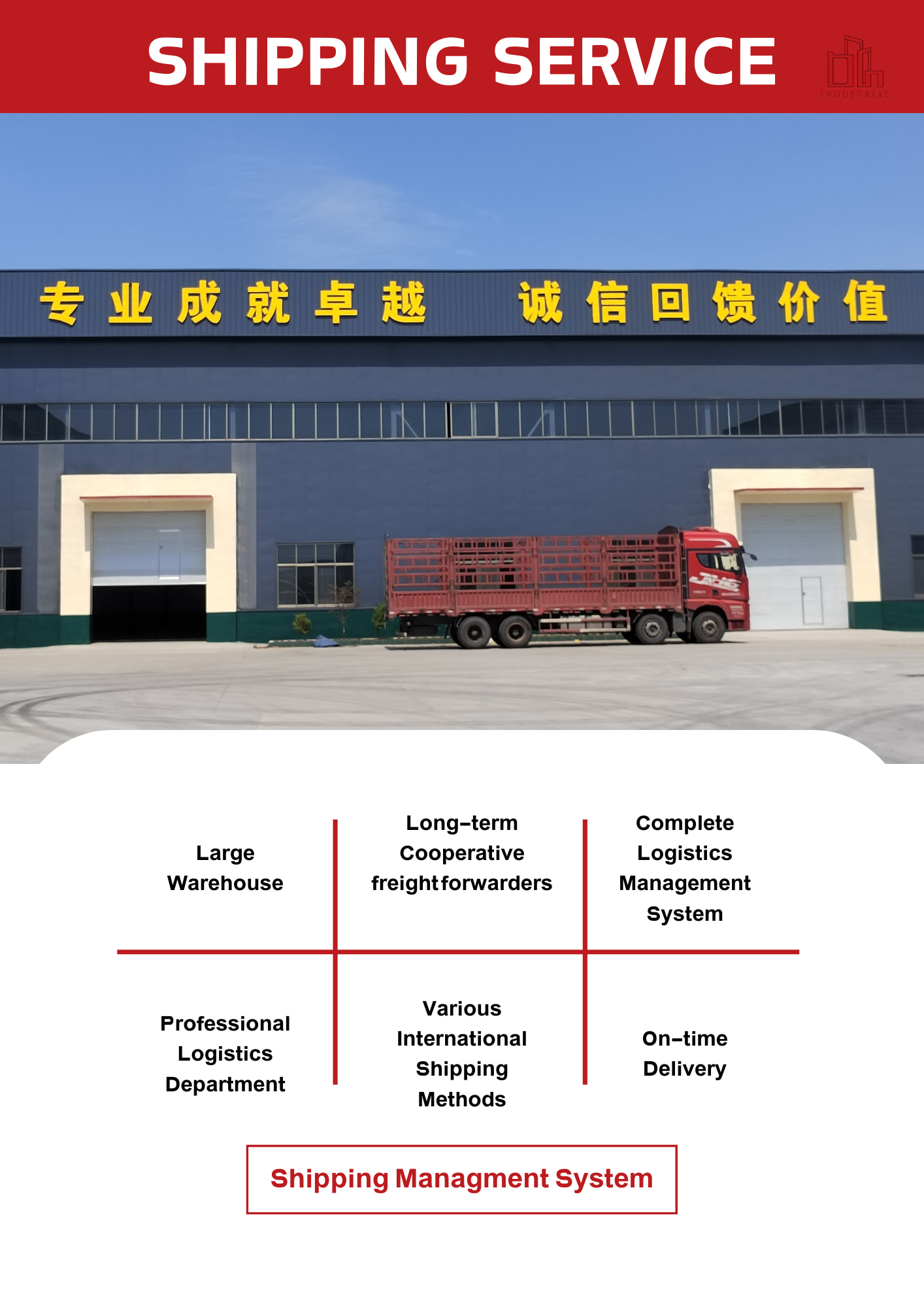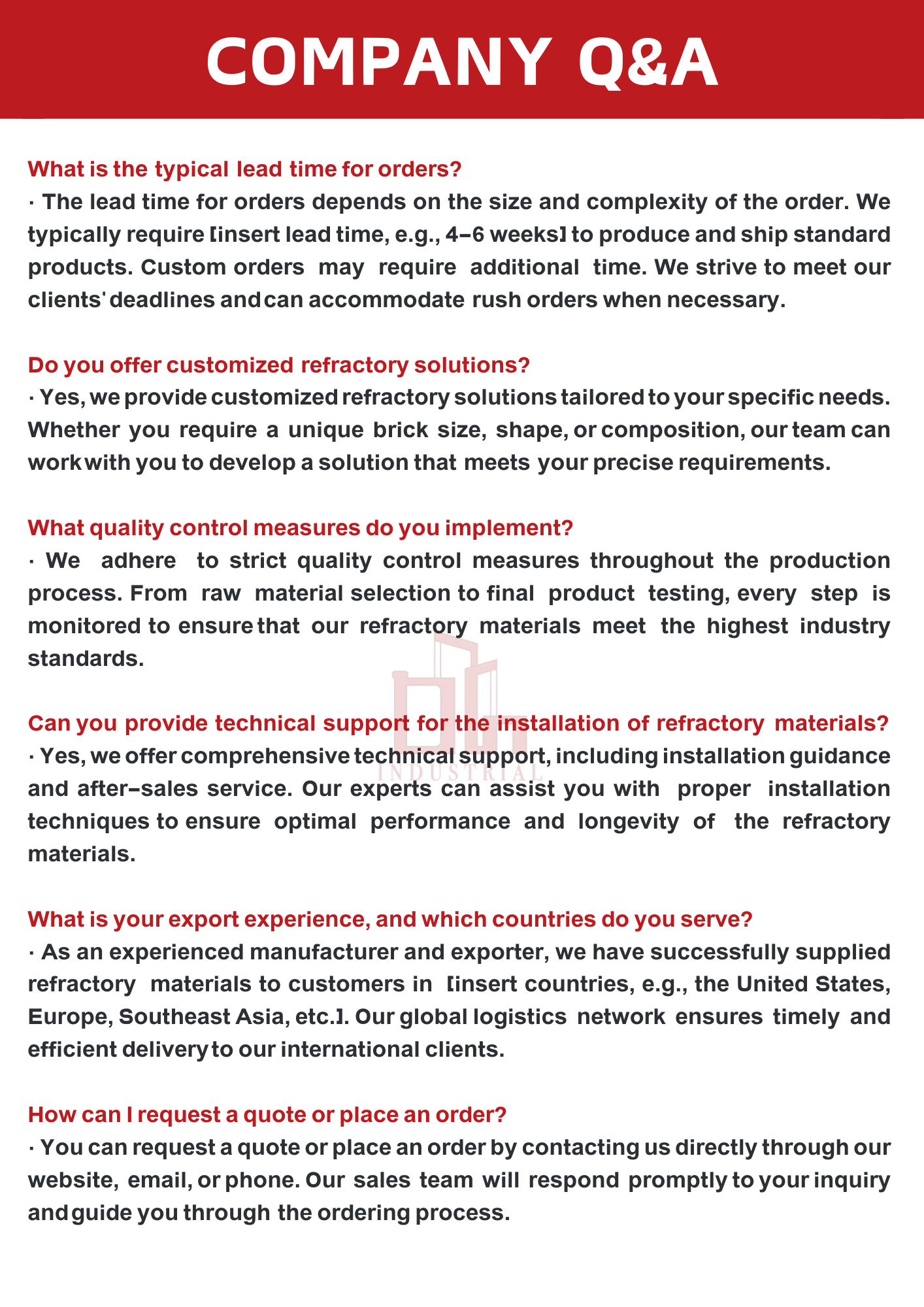Dense corundum refers to a form of corundum that has a high density and excellent mechanical properties. Corundum is a crystalline form of aluminum oxide (Al2O3), which is one of the hardest materials known. Refractory raw material occurs naturally in the form of precious gemstones such as ruby and sapphire.
Payment :
In AdvanceProduct Origin :
ChinaShipping Port :
Shanghai PortLead Time :
15 Working daysProduct parameters:
| Specification | Al2O3 | Fe2O3 | SiO2 | Na2O | Magnetic material % | |
| Type ǀ | Potential Sand | ≥98.3 | ≤0.15 | ≤1.0 | ≤0.1 | ≤0.05 |
| Fines | ≥97.8 | ≤0.3 | ≤1.0 | ≤0.1 | ≤0.1 | |
| Type ǁ | Potential Sand | ≥99.0 | ≤0.1 | ≤1.0 | ≤0.1 | ≤0.005 |
| Fines | ≥98.6 | ≤0.1 | ≤1.0 | ≤0.1 | ≤0.005 |
In its dense form, corundum is processed and sintered at high temperatures to achieve a high degree of packing and bonding between the corundum particles. This results in a material with high density, strength, and resistance to wear, corrosion, and thermal shock.
Key characteristics:
High hardness: Corundum is one of the hardest materials, ranking 9 on the Mohs scale of mineral hardness. This hardness provides excellent resistance to abrasive wear and extends the material's service life in applications where there is contact with abrasive substances.
High temperature resistance: Dense corundum has exceptional heat resistance, enabling it to withstand extremely high temperatures without significant deformation or degradation. It has a high melting point of approximately 2,050 degrees Celsius (3,722 degrees Fahrenheit).
Excellent chemical inertness: Corundum is chemically inert, making it resistant to most acids, alkalis, and corrosive environments. This property makes it suitable for use in chemical processing, ceramics, and refractories.
Low thermal conductivity: Dense corundum has a relatively low thermal conductivity, meaning it is a poor conductor of heat. This property allows it to act as a good insulator, making it useful for applications involving high-temperature insulation and thermal barriers.
Due to its advantageous properties, dense corundum finds various applications in industries such as metallurgy, ceramics, chemical processing, and refractory manufacturing. Castable refractory material is commonly used for the production of high-temperature crucibles, kiln furniture, furnace linings, wear-resistant parts, and cutting tools. Dense corundum can be shaped and formed into different shapes to meet specific application requirements.
How to use Dense corundum? We have a professional team of engineers, welcome to consult.



Tags :